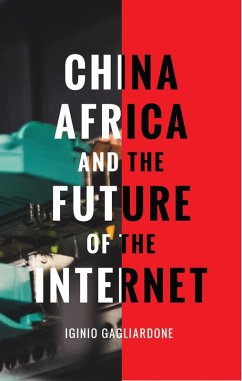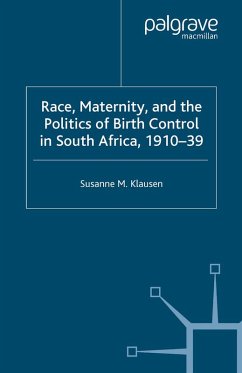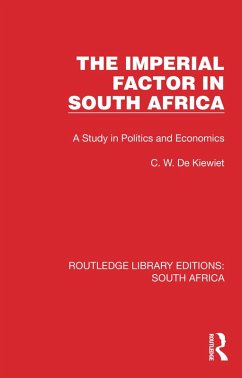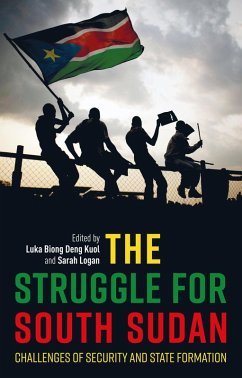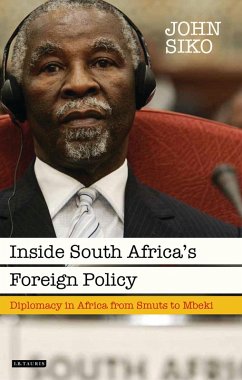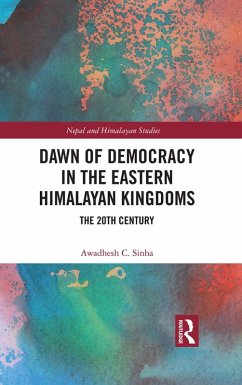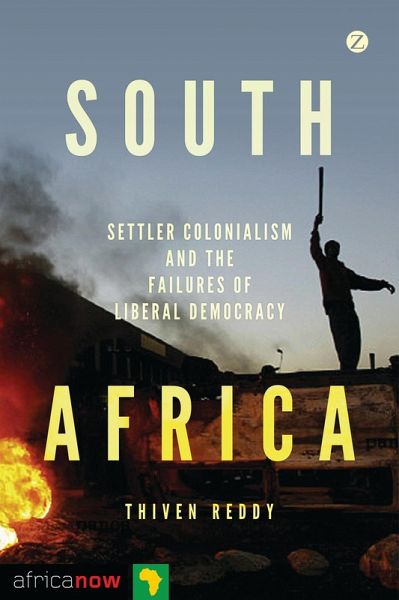
South Africa, Settler Colonialism and the Failures of Liberal Democracy (eBook, PDF)
Versandkostenfrei!
Sofort per Download lieferbar
19,95 €
inkl. MwSt.
Weitere Ausgaben:

PAYBACK Punkte
10 °P sammeln!
In South Africa, two unmistakable features describe post-Apartheid politics. The first is the formal framework of liberal democracy, including regular elections, multiple political parties and a range of progressive social rights. The second is the politics of the 'extraordinary', which includes a political discourse that relies on threats and the use of violence, the crude re-racialization of numerous conflicts, and protests over various popular grievances. In this highly original work, Thiven Reddy shows how conventional approaches to understanding democratization have failed to capture the ...
In South Africa, two unmistakable features describe post-Apartheid politics. The first is the formal framework of liberal democracy, including regular elections, multiple political parties and a range of progressive social rights. The second is the politics of the 'extraordinary', which includes a political discourse that relies on threats and the use of violence, the crude re-racialization of numerous conflicts, and protests over various popular grievances. In this highly original work, Thiven Reddy shows how conventional approaches to understanding democratization have failed to capture the complexities of South Africa's post-Apartheid transition. Rather, as a product of imperial expansion, the South African state, capitalism and citizen identities have been uniquely shaped by a particular mode of domination, namely settler colonialism. South Africa, Settler Colonialism and the Failures of Liberal Democracy is an important work that sheds light on the nature of modernity, democracy and the complex politics of contemporary South Africa.





